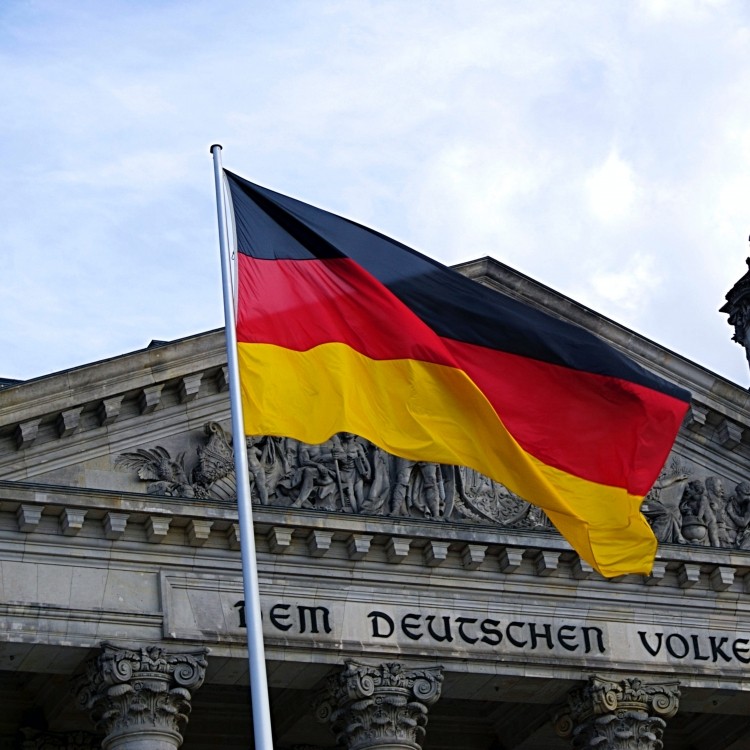

Unified Patent Court: a joy of spring?
New Developments
While enough participating states have already ratified the UPC agreement, it will only come into force about four months after Germany has deposited their instrument of ratification. Germany is obliged to delay this deposit to allow the Administrative Committee of the UPC sufficient time to prepare adequate operationality for the courts. As soon as this last instrument is deposited, a Sunrise period of between three and four months will commence.
This wait has led to some substantial advances for the organisation of the UPC. On 8 July, its Administrative Committee confirmed that local or regional divisions will be set up in Austria (Vienna), Belgium (Brussels), Demark (Copenhagen), Finland (Helsinki), France (Paris), Germany (Düsseldorf, Hamburg, Mannheim, Munich), Italy (Milan), the Netherlands (The Hague), Slovenia (Ljubljana) and Portugal (Lisbon). The regional Nordic-Baltic division will be mainly located in Sweden (Stockholm). Ljubljana and Lisbon will host seats for the UPC’s Patent Mediation and Arbitration centre. Central divisions have already been confirmed for Paris and Munich, while Milan is currently expected to replace London as a third venue.
What has also been arranged is the Court’s Rules of Procedure and its Table of Fees. Both will become effective on 1 September 2022. Additional steps were taken for organising the recruitment of staff and officials of the Court, and a list of candidates to be appointed as UPC judges has been presented. These technical and legal judges are now at the stage of receiving and accepting their offers of employment, which include monthly remuneration from € 18,089 for a first instance judge. A total of 90 judges are expected to be appointed, primarily part time and amounting to 16 FTE for the first year. The salaries are set to compare with those of the EPO Boards of Appeal to ensure the highest standards of candidates. This puts them significantly above most nationally appointed judges.
Overall, the behind-the-scenes organisation is advancing rapidly, and the Sunrise period preceding the entry into force of the UPC could start as early as 1 December 2022.
Quick Summary of the Unitary Patent system
Current system: presently, under the European Patent Convention (EPC), a granted European Patent must be validated in individual member states. Practically speaking, this involves costs for every chosen jurisdiction - and these costs scale with the number of member states selected. Because each resulting patent is a national patent, its fate is independent. This means that for each jurisdiction, the local patent can remain in force or be invalidated.
Unitary Patent system: with a Unitary Patent (UP), all participating states are instead covered by a single patent (national validations can then still be used to separately cover any non-participating states). The centralised procedure can represent a cost saving when broad coverage is sought. This also means that the fate of the patent will now be the same in all participating states: it is in fact a single, unitary patent. As an advantage, an injunction won at the UPC can be enforced across all participating states, obviating the need to seek an injunction in every individual jurisdiction. This mirror has two sides, because a successful revocation action could similarly lead to a loss of patent protection in multiple countries.
How to prepare
It is important to determine a strategy for your IP. If you do not make a choice, your existing patents will be opted-in to the new Unified Patent Court. While this may be your intention, it may also not be to your advantage – and when a third party initiates an action against one of your patents at the UPC, this means that the choice of jurisdiction has been made for you by your competitor. Similarly, a national action initiated by a third party could tie your case up in a national court.
Such scenarios can be avoided by prior planning. As soon as the Sunrise period starts, it will be possible to register your intention to opt-out of the system for your existing granted EP patents. We will be contacting you shortly in this respect.
Additionally, two transitional measures become available for your applications: one is to file an early request for unitary effect, the other is a request for a delay in granting your European Patent. These measures can help smooth an IP portfolio into the UP system.
As always, the decision on whether to participate in the new system, and the extent to which you do so, depends on several considerations. Your advisors at NLO are closely monitoring the Unitary Patent developments. To get the best advice for your situation, we recommend that you discuss your strategic options with your contact person at NLO.
NLO Experts on Unitary Patent
Our colleagues Paul Clarkson, Rolf Suurmond, Aleksandra Zwolinska, Marta Alvarez Guede and Stijn van Dongen follow the recent developments on the Unitary Patent closely. Please contact them for any specific questions on the current status.
NLO Unitary Patent experts




